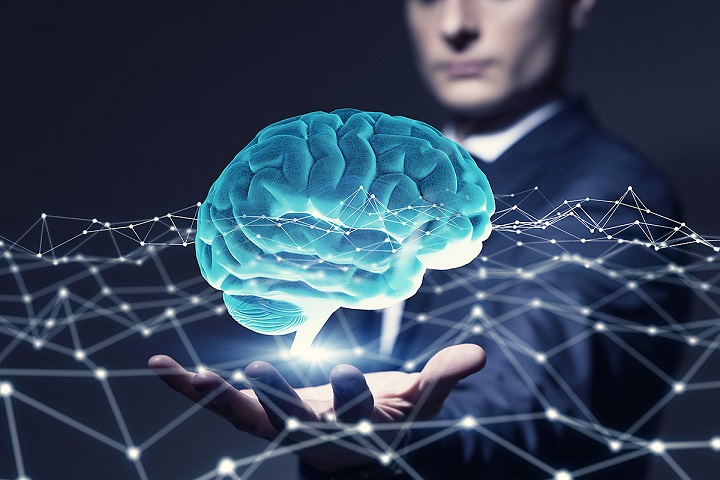Predicting the next word someone might say – as AI algorithms now do when you search the internet or text a friend – maybe a key component of the human brain’s ability to process language, suggests new research.
According to a report: How the brain makes sense of language is a long-standing question in neuroscience. The new study demonstrates how AI algorithms that aren’t designed to mimic the brain can help figure it out.
“No one has been able to do the full pipeline from word input to a neural mechanism through behavioural output,” says Martin Schrimpf, a PhD. MIT student and author of the new article published this week in PNAS.
The researchers compared 43 machine learning language models, including OpenAI’s GPT-2 model which is optimized to predict the next words in a text, to brain scan data on how neurons react when someone reads or hears a language.
They gave each model words and measured the response of nodes in artificial neural networks that, like neurons in the brain, transmit information.
These responses were then compared to the activity of neurons – measured by functional magnetic resonance (fMRI) or electrocorticography – when people performed different language tasks.
The activity of nodes in AI models that are best for next word prediction was similar to models of neurons in the human brain. These models were also better at predicting how long it took someone to read a text – a behavioural response. Models who excelled at other language tasks, such as filling in a blank word in a sentence, also did not predict brain responses.
AI alludes to the way the brain processes language
Source link AI alludes to the way the brain processes language
